 I have reported previously on BU’s engagement as a partner in the Bournemouth & Poole Sustainable Food City Partnership (SFC) http://blogs.bournemouth.ac.uk/research/2014/05/21/getting-on-board-with-the-bournemouth-and-poole-sustainable-food-cities-partnership/
I have reported previously on BU’s engagement as a partner in the Bournemouth & Poole Sustainable Food City Partnership (SFC) http://blogs.bournemouth.ac.uk/research/2014/05/21/getting-on-board-with-the-bournemouth-and-poole-sustainable-food-cities-partnership/
It is now exciting to provide a further update – as part of the project Bournemouth and Poole have become the first towns in the world to achieve Sustainable Fish City status. Some of the most important caterers and restaurant locally have committed to serving only verifiably sustainable fish, impacting upon over 3.6 million fish meals a year throughout the towns.
The campaign, run by the partnership, has been asking businesses and organisations across the two towns to make a pledge and commit to only using sustainably sourced fish in their menus. Institutions involved include nearly all primary schools, leisure centres, theatres, Bournemouth Pavilion, large workplace restaurants, Bournemouth University, all major hospitals and some of the most iconic and best-loved restaurants including the Highcliff Marriot Hotel and A.F.C. Bournemouth. Despite hot competition from a number of other cities across the UK we are the first to receive the prestigious five star Sustainable Fish City award.
It is a truly extraordinary achievement which will have a huge impact on the local and national supply chain for fish.
Already we are seeing the impact of the campaign beyond Bournemouth and Poole – Harrison Catering Services, one of the UK’s top education and workplace caterers have recently taken the Fish Cities pledge on behalf of their UK-wide operation, and a major inspiration was the pledge of their Poole-based customer, the Jordans and Ryvita Company.
Molly Scott Cato, South West Green MEP, presented the award to Matt Budden, the Executive Chef of the Highcliff Grill at the Marriott Hotel on behalf of Sustainable Fish Cities at her recent visit to the area.
Ruth Westcott, Co-ordinator of Sustainable Fish Cities said:
“We are absolutely delighted to crown the world’s first Sustainable Fish City in Bournemouth and Poole – this campaign began back in 2011, inspired by the sustainable fish on the menu at the London 2012 Olympics, and it has taken a lot of hard work to get here.
Many of the world’s fish stocks are in a worryingly depleted state, but there are still shockingly few places in the UK that you can eat out safe in the knowledge that you are not eating an endangered or unsustainably caught species. Bournemouth and Poole’s most important and iconic institutions have proven that it is possible for any kind of caterer or restaurant to take action on this issue. I am sure they will be an inspiration to many other towns and cities in the UK to follow suit.”
Sarah Watson, Manager of the Sustainable Food City Partnership for Bournemouth and Poole said:
“We were determined that Bournemouth and Poole would be the first area to achieve this award. We not only have some of the best places to eat out in the country but we also have an important fishing industry around Poole Quay which is a significant part of our local culture.”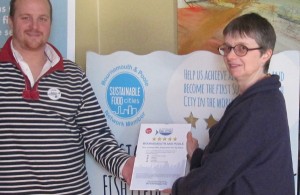
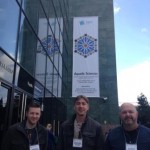
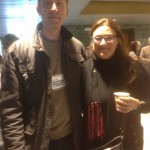


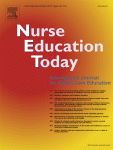

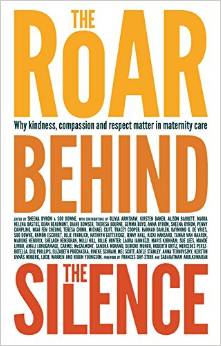



















 Read and sign up to BU’s Policy Influence Digest
Read and sign up to BU’s Policy Influence Digest Upcoming opportunities for PGRs – collaborate externally
Upcoming opportunities for PGRs – collaborate externally BU involved in new MRF dissemination grant
BU involved in new MRF dissemination grant New COVID-19 publication
New COVID-19 publication MSCA Postdoctoral Fellowships 2024
MSCA Postdoctoral Fellowships 2024 Horizon Europe News – December 2023
Horizon Europe News – December 2023